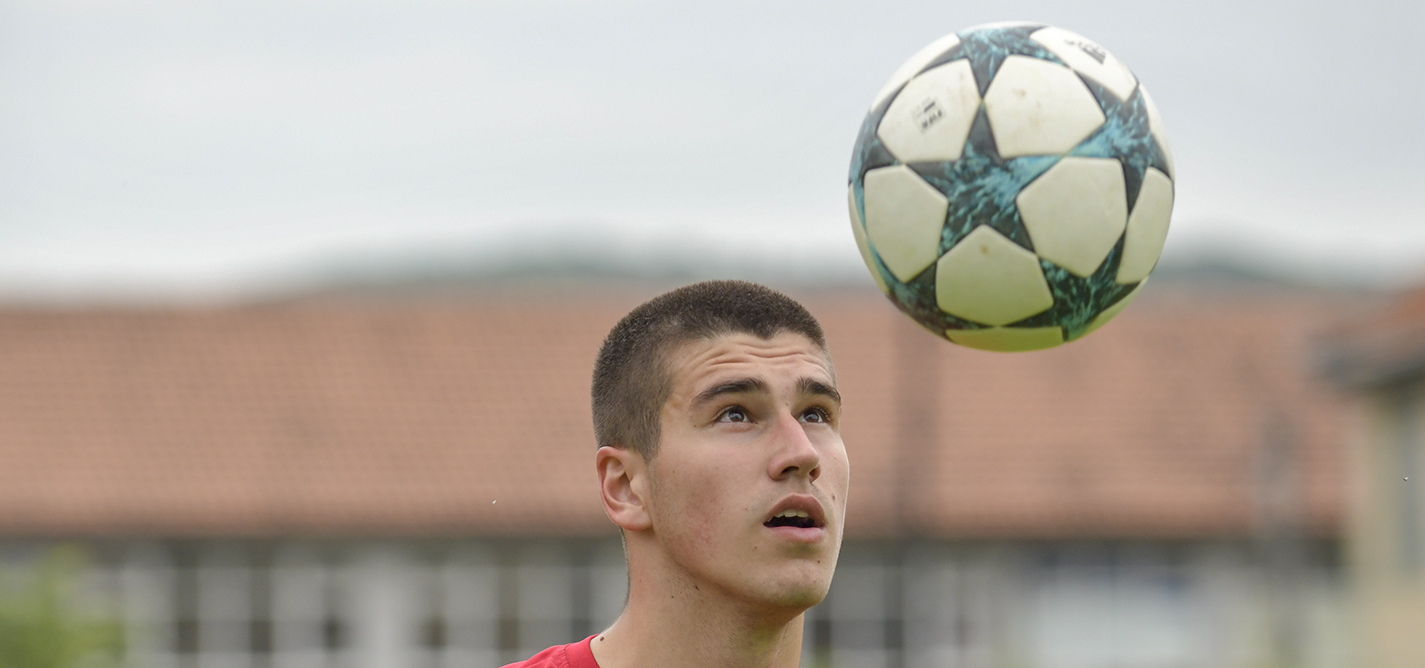
An unprecedented goal
Ilija Ivić is more than a football player — he could be a national symbol.

Nick Ames
Nick Ames is a journalist for the Guardian newspaper in London, specializing in football. He has been visiting Kosovo regularly since 2014, following the progress of the national team among other stories.
This story was originally written in English.